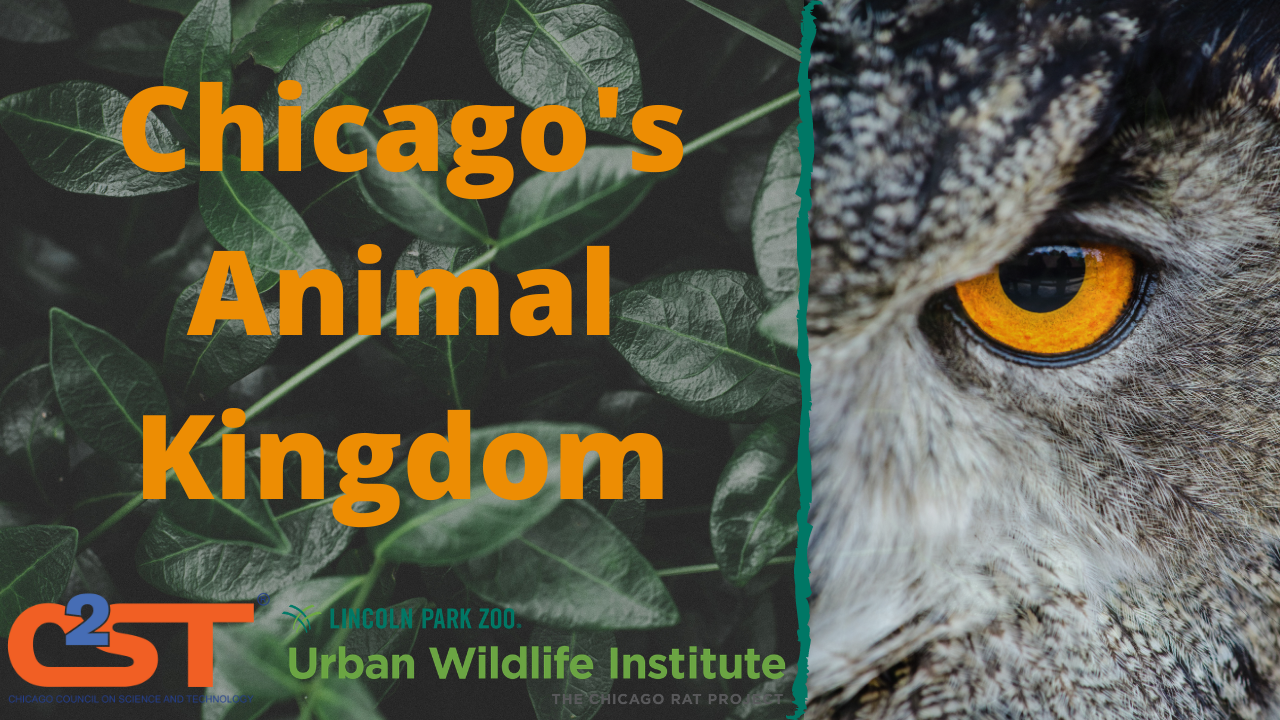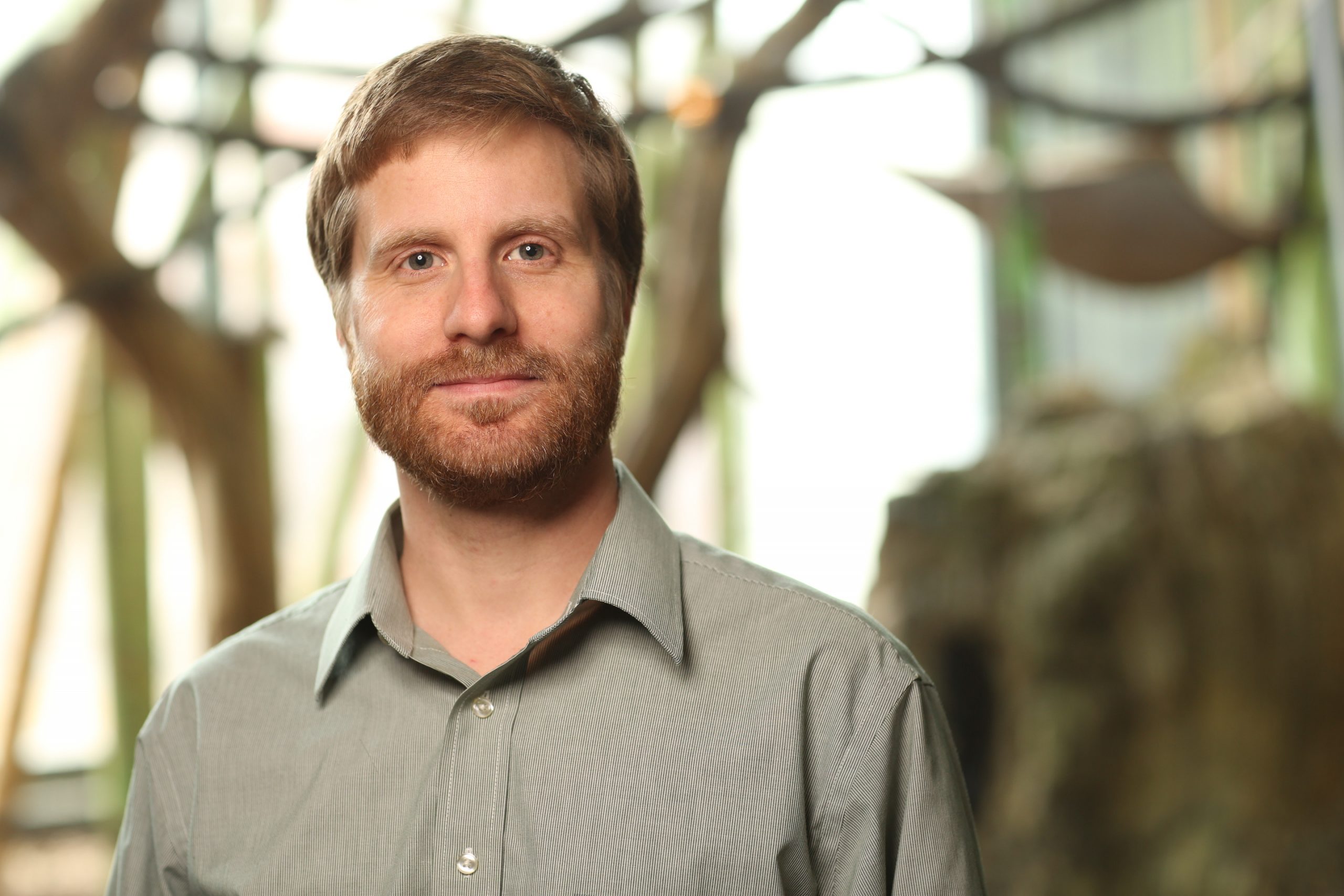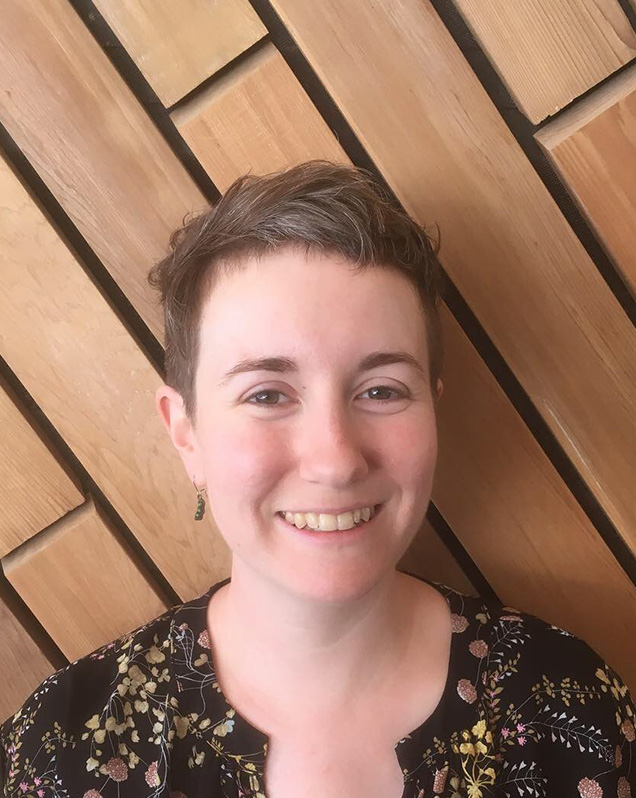Urban ecosystems were created by people, for people, but that doesn’t mean animals haven’t evolved to survive or even thrive within modern cities. Dr. Seth Magle and Dr. Maureen Murray highlight the importance of understanding human-wildlife interactions and the incredible research done by the Urban Wildlife Institute at Lincoln Park Zoo.
The Urban Wildlife Institute has helped scientists unravel the ways that humans and wildlife interact with each other in the Chicagoland areas for the last ten years. During that time, a variety of important research projects have been launched that are designed to help us learn about biodiversity and disease transmission in the city, while forming essential partnerships that allow experts to gain a deeper understanding of human-wildlife interactions.
The Urban Wildlife Institute aims to serve as a model for improving the cohabitation of humans and animals in urban ecosystems, including the important, and often maligned, relationship between humans and rats. Rats are one of the most common wild animals in cities, but scientists know surprisingly little about them. The Chicago Rat Project aims to learn more about public health risks in Chicago’s rattiest neighborhoods and how the COVID-19 pandemic is changing residents’ problems with rats. To further their mission, the Urban Wildlife Institute is developing standards for how to manage urban wildlife and founded the Urban Wildlife Information Network (UWIN) to help researchers, architects, city-planners and policy-makers develop wildlife-friendly cities all across the globe.
Event Details
Wednesday, December 9th, 2020, 5:00-5:45 pm CT, C2ST Facebook Live & C2ST TV Youtube Live.
Make sure to follow C2ST on Facebook and YouTube to receive notifications when the live program starts.
Use our Q & A to ask live questions during the program or send in your questions in advance! Remember to upvote your favorite questions.
To support STEM programs like this, you can DONATE to C2ST HERE!
We are dedicated to providing an inclusive environment for everyone. Please respect diversity in individuals and in cultures.



